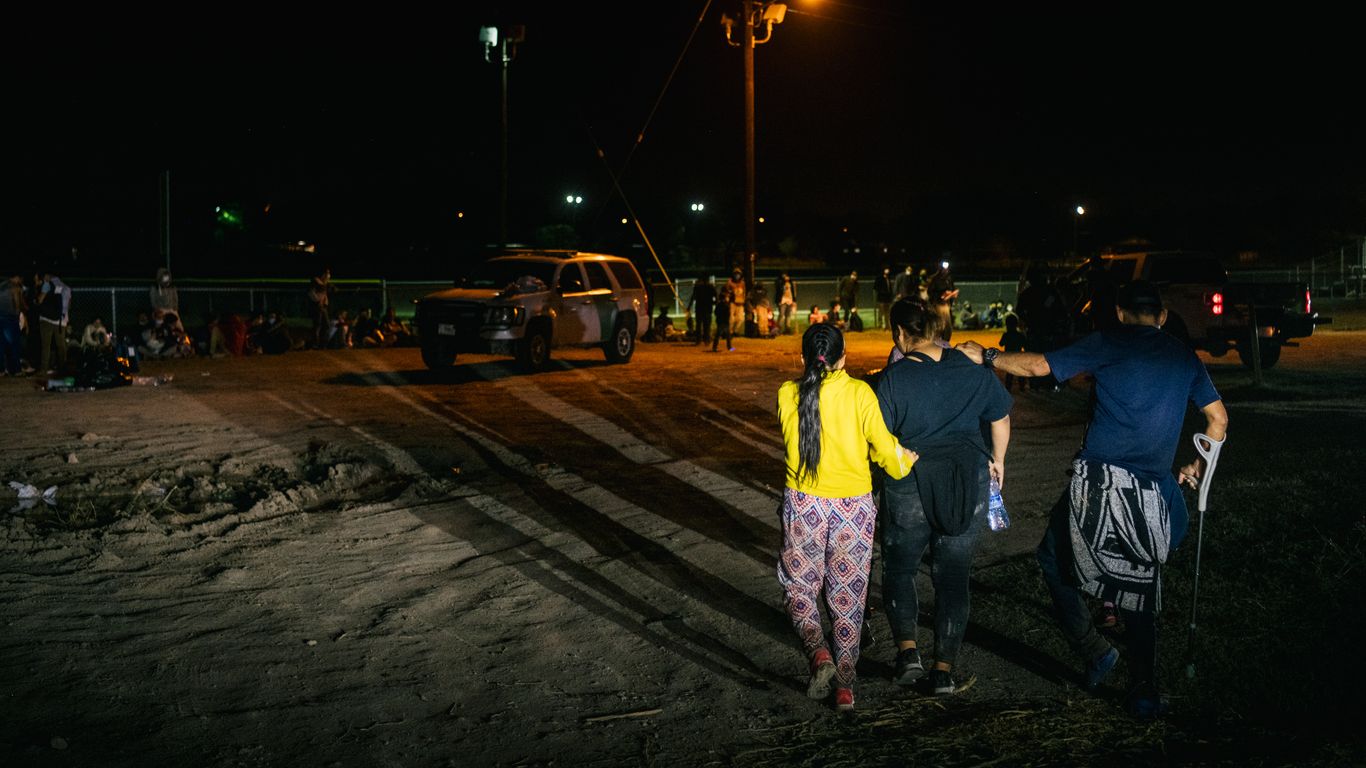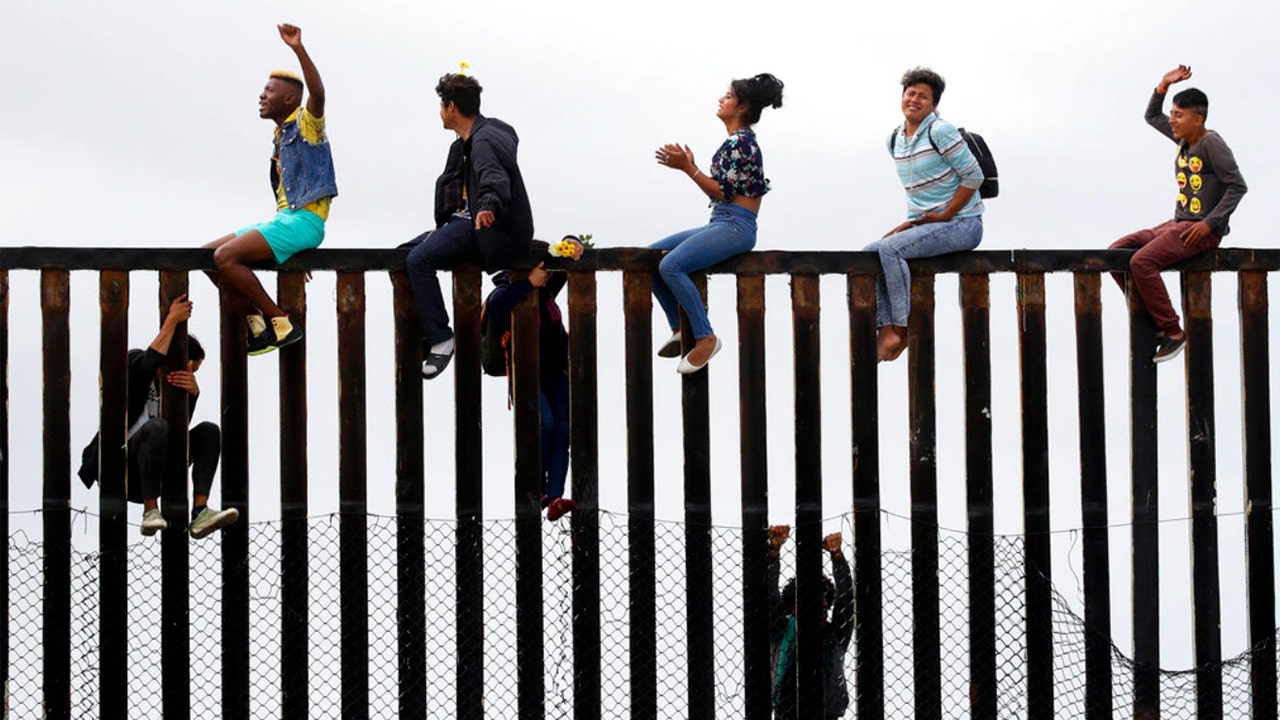The Facts
On Wednesday, the European Union (EU) removed Pakistan from its list of "High-Risk Third Countries," which have strategic deficiencies in their anti-money laundering and counter-terrorism financing regime that pose significant threats to the bloc's financial system.
The EU's delegation in Pakistan termed it an "important positive step" for the country, which was included on the list in 2018, placing the country under additional regulatory restrictions.
The Spin
Narrative A
This decision is a much-needed breather for Pakistan, as exporters will now face fewer obstacles to trade, and Islamabad will better be able to tackle one of its worst-ever economic crises. The rupee is depreciating and inflation is rising, but now Pakistan can unlock critical funding from the International Monetary Fund. This South Asian nation now can take necessary measures to end the crisis through sustainable export-led economic growth.
Narrative B
Removing Pakistan from this list is dangerous, as it could lead to a rise in money laundering and terror financing activities — especially as the country heads into its next general elections later this year. Terrorism was already on the rise, and Islamabad continues to shelter proxy terrorist leaders and allows global terror networks to remain intact.







